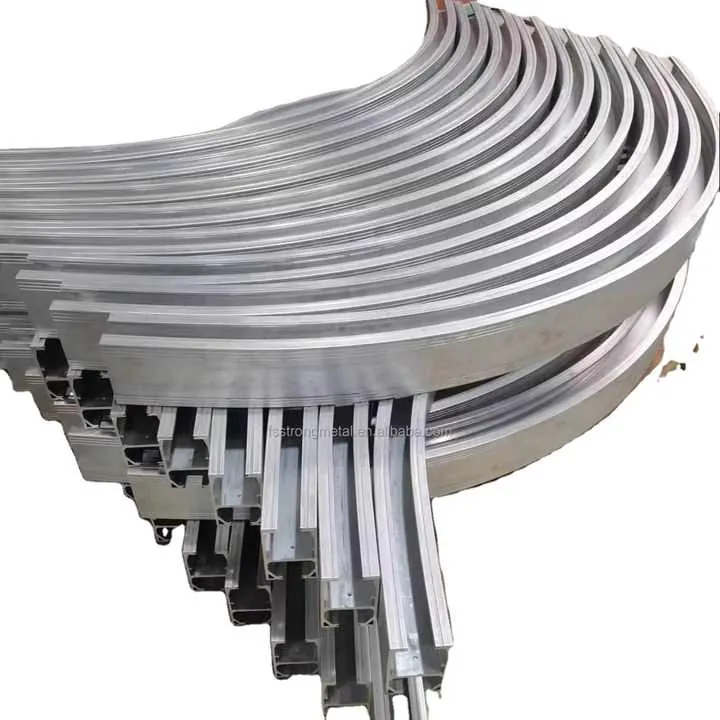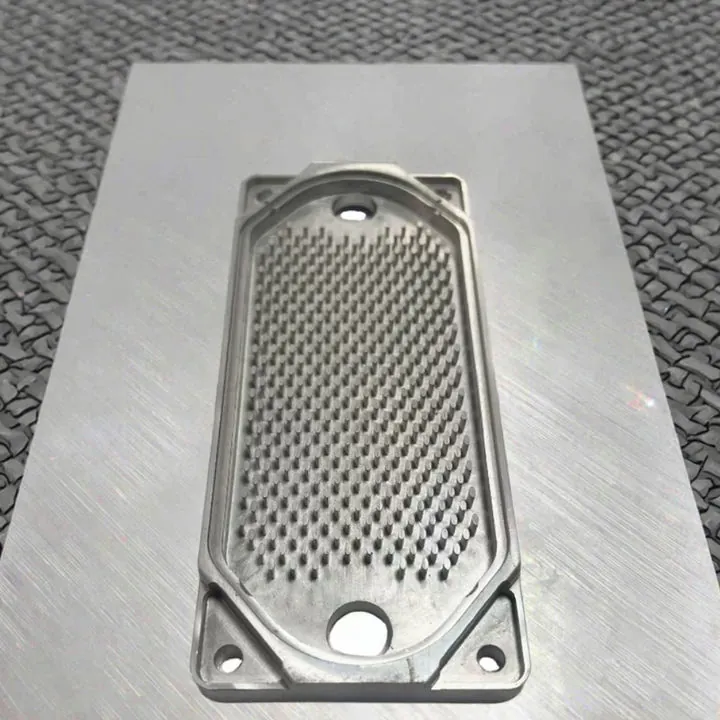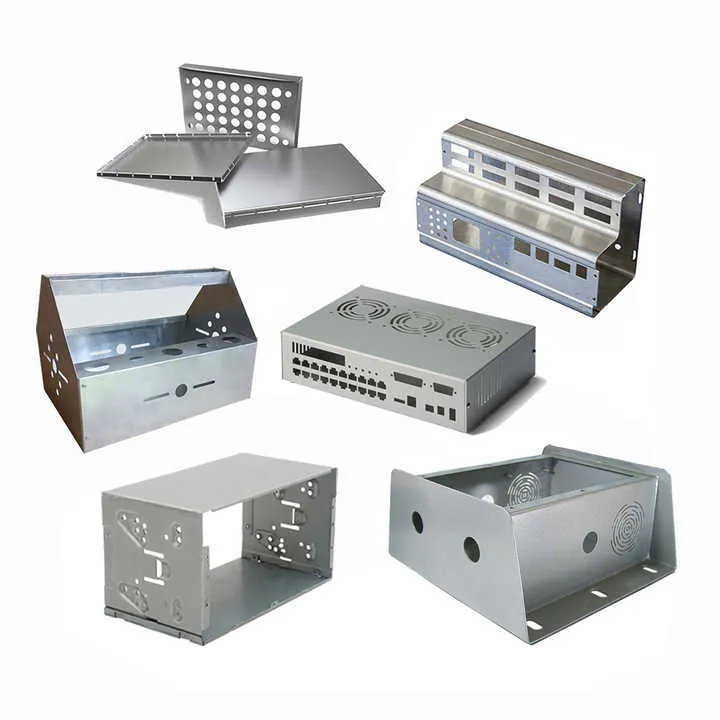Do Our Heat Sinks Meet CE Requirements for Export to the EU?

Aluminum heat sinks seem like basic metal parts, but when exported to Europe, many buyers ask: “Do they need CE?” If your customer in the EU needs it, you can’t ignore it.
CE marking is not legally required for passive aluminum heat sinks, but we ensure our designs and materials are compatible with CE-compliant systems.
Many buyers are confused by CE rules — especially for non-electrical components like extruded heat sinks. Here, I’ll explain how our products support CE compliance, what documents we provide, and how we help you integrate them into CE-certified systems.
Do You Test Heat Sinks to Meet CE Standards?
When exporting to the EU, buyers often assume every product must pass CE testing. In fact, only certain product types legally require CE marking. But CE compatibility still matters.
We test our heat sinks to meet performance, safety, and materials standards compatible with CE regulations — especially for use in certified systems.

Even though passive heat sinks don’t have electric circuits or moving parts, they’re often used in systems that do — which fall under CE directives such as LVD (Low Voltage Directive), EMC, or RoHS.
What We Test For
We ensure the following for CE compatibility:
| Test Type | Why It Matters for CE |
|---|---|
| Material Composition | Verifies no banned substances under RoHS/REACH |
| Surface Treatment Analysis | Avoids VOCs or heavy metals in coatings |
| Dimensional Accuracy | Ensures mechanical safety and thermal fit |
| Thermal Cycling & Stability | Confirms no failure under typical EU conditions |
| Contact Safety | Avoids sharp edges or heat burns if accessible |
These tests ensure our products can be safely integrated into CE-marked machines or electronics — even if the heat sink itself doesn’t carry a CE logo.
We test our aluminum heat sinks for thermal stability and material safety before export.True
We ensure compatibility with EU safety expectations even for non-CE-labeled components.
CE testing is only necessary for finished electrical equipment, not components.False
While CE applies to final products, components must support compliance with directives like RoHS and EMC.
Can CE Certification Be Provided for Each Order?
This is one of the most frequent questions we get from importers, especially those supplying EU clients. The answer depends on your product’s classification.
We can issue CE-related compliance documents with each order, though passive heat sinks themselves don’t require CE certificates.

We don’t issue CE certificates for the heat sinks alone, because CE only applies to entire products or systems that fall under certain EU directives. However, we do provide documents proving our parts are CE-compatible — so your final product can be CE marked without issues.
Documents We Can Provide Per Order
| Document | What It Confirms |
|---|---|
| Material Test Report | Confirms alloy composition meets standards |
| RoHS/REACH Declaration | Verifies absence of banned substances |
| Mechanical Drawing | Useful for safety and thermal calculations |
| Surface Treatment Certificate | Shows coatings meet safety/environment rules |
| Custom CE Statement | Optional declaration for system integrators |
If your project involves third-party certification or notified body review, we can assist with documentation and witness sampling.
We provide CE declarations and test reports with every shipment if requested.True
We support our customers’ CE compliance efforts by sharing relevant technical and legal documentation.
CE certificates are required for aluminum heat sinks before they can be sold in the EU.False
Only certain product types legally require CE marking — passive heat sinks usually do not.
What Documentation Is Included for CE Compliance?
Even if the product doesn’t wear the CE label, EU importers still need proof that all components inside their system are compliant with relevant EU laws.
We provide full CE-supporting documentation for our heat sinks — covering material, process, and environmental safety.

Here’s what our compliance document pack includes:
Standard Documentation Package
| Document Type | Content |
|---|---|
| RoHS Declaration | Confirms heat sink meets EU Directive 2011/65/EU |
| REACH Declaration | Confirms absence of SVHCs above threshold |
| Material Certificate | Shows base alloy (e.g., 6063, 6061) chemistry |
| Surface Coating Report | Describes finish, e.g. anodized, powder coat |
| Dimensional Drawing | Confirms mechanical layout for CE technical file |
| SDS (if applicable) | For treated or coated parts |
In some cases, especially for medical or aerospace applications, we also provide custom documentation like:
- Supplier compliance history
- Thermal simulation reports
- VOC emission data (for coatings)
- Batch-level traceability sheets
All documents are provided in English and can be tailored to match your technical files for CE filing.
Our heat sinks include a complete CE compliance document pack.True
We provide all standard documents needed for CE system integration.
CE certification documents are not needed for any components shipped to Europe.False
Components used in CE-labeled products must be traceable and comply with relevant safety/environmental rules.
Is CE Marking Required for Passive Aluminum Heat Sinks?
This question causes the most confusion — and many misunderstand the CE framework.
No — CE marking is not legally required for passive aluminum heat sinks, as they fall outside most CE directives.

Passive heat sinks are considered mechanical components. They don’t emit radiation, draw power, or process electrical signals. They are not listed under any of the mandatory CE directives such as:
- Low Voltage Directive (LVD)
- Electromagnetic Compatibility (EMC)
- Machinery Directive
- Medical Devices Regulation
- Radio Equipment Directive
- Toy Safety Directive
Unless your heat sink includes electrical parts (e.g., a fan, sensor, or smart control), it’s exempt from CE marking requirements.
However, buyers in the EU may still expect documentation, such as RoHS and REACH declarations or materials data. Why?
Because even if the part doesn’t wear the CE logo, it’s often used in CE-labeled equipment. That means your part must be clean, traceable, and compatible — so the final product can legally wear the CE mark.
Passive aluminum heat sinks are not required to carry the CE mark.True
They are considered mechanical parts and fall outside the scope of mandatory CE directives.
CE marking is mandatory for all metal components shipped to the EU.False
Only products covered by specific CE directives require CE marking — most raw materials and parts are exempt.
Conclusion
Our aluminum heat sinks are fully compatible with CE-marked products. While they do not require CE marking themselves, we support your compliance by offering test reports, RoHS/REACH documentation, and clear traceability — for every shipment.



